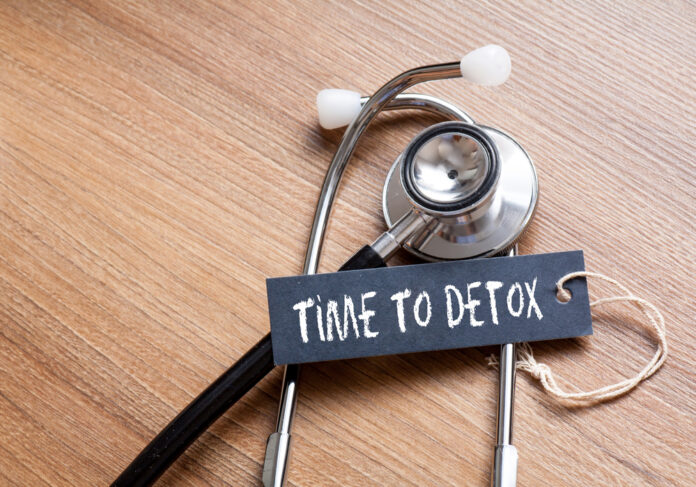
The brain’s motivational, reward, and memory circuits are permanently dysfunctional in addiction. In particular, if it results in an obsessional or obsessive drive for a reward or a disdain for the consequences, it depends on how much of a substance or habit your body needs.
Addictions can seriously impede your day-to-day tasks over time. Addicts regularly experience remissions and relapses at different times. According to this, they can alternate between heavy and light use. Addictions frequently get worse over time. Serious consequences like a financial failure or ongoing health issues could result from them.
Common Types of Addiction and Detox Treatment
Addiction centered around substance use is the most common type of addiction. The first step to dealing with addiction is often detox. It can be dangerous to handle detox on your own. Instead, you should consider medical detox through a professional facility. Common detox programs are as follows:
Alcohol Detox: Alcohol addiction and physical dependence can push people into risky cycles. Due to how toxic the substance is in your body when you’re not properly treating it with medicine, detoxing at home could be fatal.
Benzodiazepines Detox: Because they are simple to obtain and are frequently prescribed by doctors for anxiety or insomnia, benzodiazepines are among the most frequently misused medicines in America. Benzos have the potential to be harmful when used improperly, but this is especially true when combined with alcohol or other prescription medications.
Cocaine Detox: Dopamine is a natural chemical messenger in your body that helps to regulate mood and makes you feel happy. Cocaine releases significant amounts of dopamine. We experience a powerful feeling known as a “high” when this is released into the parts of our brain responsible for pleasure.
Heroin Detox: Heroin is a morphine-based opioid medication. It has the power to hook users right away, as it is quite addictive. People can take heroin into their bodies through a number of methods, including smoking and injecting. Overdoses from heroin, which affects people from all areas of life, have increased in recent years.
Opioid Detox: Opiates are medications made from poppies. The phrase is frequently used to refer to both synthetic and natural opioids, such as oxycodone, heroin, and fentanyl.
However, it can also be found in semi-synthetic versions, like hydrocodone, with acetaminophen, which can be even more dangerous. If you attempt to withdraw from opiates on your own, it can result in difficulties that could raise your chance of relapse and introduce possibly fatal symptoms like severe nausea or vomiting along with other medical problems.
Prescription Medication Detox: Many people assume their prescription doesn’t cause an addiction concern. Unfortunately, this might not be true. If misuse of certain prescription drugs goes unchecked, it can quickly result in physical dependence and addiction, which can have long-term negative impacts on both your physical and mental health.
https://drugabuse.com/treatment/detox/types/
https://www.ncbi.nlm.nih.gov/books/NBK526012/
https://diamondhousedetox.com/resources/how-to-detox-from-drugs-and-alcohol/how-to-safely-detox-from-benzos/


















